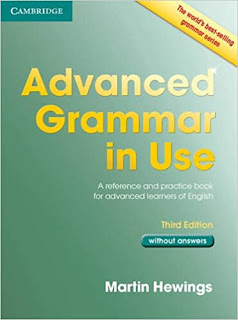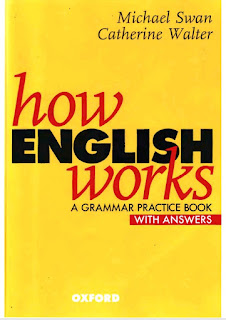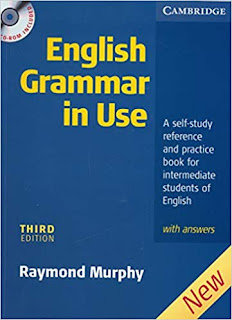လေ့လာမိသောအင်္ဂလိပ်သဒ္ဒါအပိုင်းအစများ (၃၀) (HZH)

လေ့လာမိသောအင်္ဂလိပ်သဒ္ဒါအပိုင်းအစများ (၃၀) Can vs Could vs Be able to vs Be allowed to Can, could, be able to ကို ability (ကိုယ်လုပ်နိုင်တဲ့အရာတစ်ခုအကြောင်း ပြောတဲ့အခါ) သုံးလို့ရတယ်။ A. be able to ကို can/could အစားသုံးလို့ရပါတယ်။ ဒါပေမဲ့ သူ့ကို မသုံးရမယ့် အခြေအနေတွေရှိတယ်။ 👉 when we talk about something that is happening as we speak: ကျွန်တော်တို့ပြောသလို ဖြစ်နေတဲ့အရာတွေအကြောင်း ပြောတဲ့အခါ e.g Watch me, Sister; I can stand on one leg. ❌ I am able to stand 👉 before passive Passive ရဲ့ရှေ့မှာလည်း သုံးလို့မရဘူး။ ( be able to သုံးတာထက် ပိုကောင်းတယ်) e.g CDs can now be copied easily. ❌ CDs are now able to be copied 👉 when the meaning 'know how to': တစ်ခုခုကို ဘယ်လိုလုပ်ရမယ်ဆိုတာ သိတယ်ဆိုတဲ့ အဓိပ္ပါယ်နဲ့ပြောတဲ့အခါ e.g Can you cook? ❌ Are you able to cook? B. If we talk about a single achievement, rather than a general ability in the past, we usually use 'be able to' rather than 'could'. အတိတ်ကာလမှာ တစ်ခုခုလုပ်နိုင်တယ်ဆိုတာကို general abilit...

